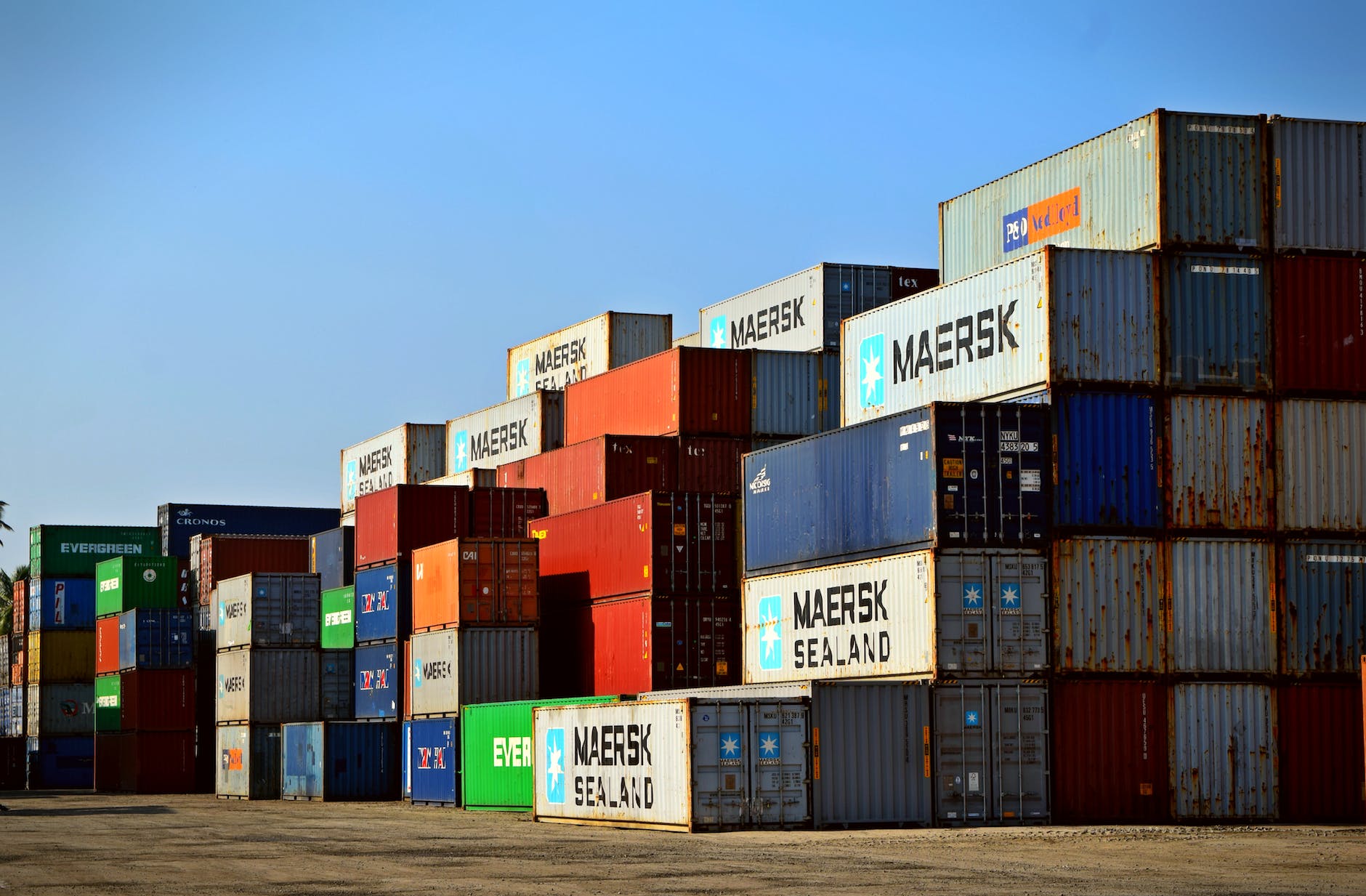
Freight brokerage has emerged as an integral part of the supply chain industry in recent years. It involves a third-party intermediary that arranges transportation services between shippers and carriers, thereby facilitating the movement of goods from one location to another. The freight brokerage market is expected to grow at a steady pace due to globalization, e-commerce, and technological advancements that have enabled better coordination among different stakeholders.
However, navigating the world of freight brokerage can be challenging for new entrants. With numerous regulations, complex pricing structures, and varying levels of service quality across brokers, it becomes imperative for shippers and carriers alike to gain a deeper understanding of this industry before engaging with any broker. This article aims to provide readers with insights into what they need to know about the world of freight brokerage – its history, key players, regulatory framework, pricing models, and trends shaping its future trajectory.
The History Of Freight Brokerage
Imagine a bustling marketplace where goods are exchanged between merchants from different parts of the world. The market is alive with activity, and one can hear the sounds of trading echoing through its streets. This is what the freight brokerage industry looked like in ancient times. In those days, brokers acted as intermediaries between traders who needed to transport their goods and carriers who had the means to do so.
The practice of freight brokerage continued throughout history. During the Industrial Revolution, it became increasingly important as businesses expanded and transportation methods improved. Brokers were essential in connecting manufacturers with shippers, ensuring that products reached their intended destinations on time and at an affordable cost.
Fast forward to today, and we see a thriving industry that has evolved along with technology and globalization. Freight brokers now use sophisticated software systems to manage shipments across vast distances, making it possible for companies to operate globally while still maintaining control over their supply chain. As we continue our exploration of this fascinating field, let us take a closer look at some key players in the freight brokerage industry.
Key Players In The Freight Brokerage Industry
Having delved into the history of freight brokerage, it is now important to understand the key players in this industry. These players are integral to ensuring that goods move seamlessly from one point to another. Freight brokers serve as intermediaries between shippers and carriers, connecting them to facilitate transportation deals.
The role of a shipper involves coordinating the movement of goods by identifying suitable carriers for their cargo, negotiating prices with those carriers, and overseeing all aspects of the shipment process. On the other hand, carriers transport goods using various modes such as trucks, trains or ships. They play a critical role in determining how quickly and safely shipments reach their destination. At times however, they may not have access to certain clients or routes which is where freight brokers come in.
Freight brokers act as facilitators between shippers and carriers to ensure timely delivery at reasonable costs while taking care of administrative tasks like tracking shipments and handling documentation. With an estimated 17,000 licensed freight brokers operating in the US alone, it is evident that these middlemen play a vital role in keeping trade flowing smoothly across borders and within countries alike.
Moving forward, we will delve into regulations governing freight brokerage: something you need to know before entering this industry. Understanding these regulations helps both newcomers and existing players stay compliant with federal laws while providing quality services to customers.
Regulations Governing Freight Brokerage
Freight brokerage is a vital aspect of the logistics industry, and as such has significant regulatory frameworks governing its operations. The Federal Motor Carrier Safety Administration (FMCSA) is responsible for regulating freight brokers in the United States. According to FMCSA regulations, brokers must have a license from the agency before they can operate legally. Additionally, brokers are required to maintain an active surety bond or trust fund agreement with the FMCSA that covers any financial losses incurred by shippers or motor carriers.
Furthermore, freight brokers operating within interstate commerce must adhere to specific rules regarding transparency and record-keeping. Brokers must keep records of all transactions conducted on behalf of their clients, including contracts and invoices related to shipments. They also need to provide detailed information about each shipment’s origin, destination, weight, and value while ensuring that carrier safety standards are met.
Lastly, it is important to note that recent developments in transportation technology have prompted lawmakers to implement new regulations concerning electronic logging devices (ELDs). These devices track driver hours-of-service compliance electronically, effectively replacing paper logbooks used previously. As part of these changes, brokerages are now required to ensure that their contracted carriers use ELDs compliant with federal law when transporting goods across state lines.
The regulations outlined above demonstrate that freight brokerage is subject to various oversight measures aimed at promoting fairness and accountability in the industry. In the following section, we will explore different pricing models employed by freight brokers seeking compensation for their services without sacrificing quality performance.
Different Pricing Models In Freight Brokerage
In understanding the regulations governing freight brokerage, it is important to note that these rules are in place for the protection of both shippers and carriers. Freight brokers act as intermediaries between these two parties, ensuring a smooth transaction process from start to finish. The Federal Motor Carrier Safety Administration (FMCSA) regulates freight brokerage through licensing requirements and financial responsibility standards.
Moving on to different pricing models in freight brokerage, there are several options available depending on the needs of shippers and carriers. One common model is flat-rate pricing, where a fixed fee is charged per shipment regardless of distance or weight. Another option is dynamic pricing, which adjusts based on market demand and other factors such as fuel costs and capacity availability. Lastly, there are negotiated rates which involve direct communication between the shipper and carrier to determine a mutually agreed upon price.
As technology continues to advance, future trends in freight brokerage will likely focus heavily on automation and efficiency. Many companies are already implementing digital platforms that streamline processes such as load tracking and communication between parties involved in the transaction. Additionally, with increasing concerns around sustainability, environmentally-friendly practices may become more prevalent in the industry as well. As we move forward, it will be interesting to see how these developments shape the world of freight brokerage.
Future Trends In Freight Brokerage
The freight brokerage industry has been rapidly evolving, and it is expected to continue doing so in the future. In this section, we will explore some of the most prominent trends that are likely to shape the landscape of freight brokerage over the next few years.
Firstly, technological advancements are driving significant changes in how brokers operate. Digital platforms are enabling them to connect shippers with carriers more efficiently than ever before. The use of automation tools such as artificial intelligence (AI) and machine learning algorithms is also becoming increasingly common. These technologies can help streamline processes and improve decision-making capabilities by analyzing vast amounts of data.
Another trend that is gaining traction in the freight brokerage sector is sustainability. With consumers placing a growing emphasis on environmental responsibility, companies are under increasing pressure to reduce their carbon footprint. As a result, many brokers are exploring ways to incorporate eco-friendly practices into their operations, such as using alternative fuels or optimizing routes for fuel efficiency.
Overall, these trends indicate that the future of freight brokerage will be characterized by innovation and adaptability. Brokers who can leverage technology effectively and align themselves with sustainable practices will be better positioned to succeed in an increasingly competitive market.
Conclusion
Freight brokerage has been an integral part of the transportation industry for decades, connecting shippers with carriers to move goods efficiently and cost-effectively. The key players in this industry include brokers, shippers, carriers, and regulatory bodies such as the Federal Motor Carrier Safety Administration (FMCSA). Regulations governing freight brokerage are designed to protect both parties involved in a transaction by ensuring transparency and accountability.
One interesting statistic is that according to IBISWorld, the revenue generated by freight brokerage firms in the United States is expected to reach $216 billion by 2023. This growth can be attributed to factors such as increasing demand for e-commerce and globalization of supply chains. As technology continues to advance, there will likely be more opportunities for automation and optimization within freight brokerage processes.
In conclusion, navigating the world of freight brokerage requires an understanding of its history, key players, regulations, pricing models, and future trends. With proper knowledge and research, businesses can find reputable brokers that offer competitive rates while adhering to compliance standards. Looking ahead, advancements in technology will play a crucial role in shaping the future of this industry.


